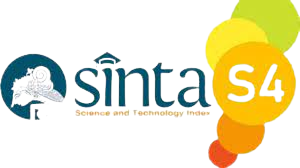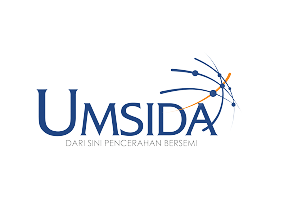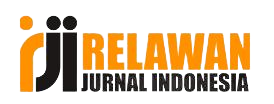Formulasi Instrumen Kebijakan Lingkungan di Kabupaten Banyuwangi
Formulation of Environmental Policy Instruments in Banyuwangi Regency
DOI:
https://doi.org/10.21070/jkmp.v4i2.694Keywords:
formulation, instrument, policy, environmentAbstract
The purpose of this study to describe and analyze the core issues relating to the environment in Banyuwangi Regency. This research used descriptive research with a qualitative approach. Informants in this study included Development Planning Agency at Regional Level; Environment Agency; Sanitation Agency; Public Works and Regional Road Agency; Public Works Irrigation Agency; Industry, Trade and Mines Agency; Agriculture Agency; and Regional Disaster Management Agency. Data were analyzed with interactive techniques that included data collection, data reduction, data display and verification. The results showed that the main issues in environment scope in the Banyuwangi Regency including tsunamis, volcanoes and other disasters; conversion of productive land; environmental pollution (water, air and soil); garbage and urban sanitation; as well as agricultural land.
References
Ahossane, K. (2001). Manufacturing Industry and Sustainable Development in Cote d’Ivoire. Unido, Viena.
Goodland. Robert. (1995). The Concept of Environmental Sustainability. Washington DC.
Jones O. Charles. (1994). Public Policy. Jakarta: Gravindo Persada.
Michael P. Todaro. (1994). Pembangunan Ekonomi di Dunia Ketiga. Jakarta: Erlangga.
Miles, M.B., dan A.M. Huberman. (1990). Analisis Data Kualitatif. UI Press: Jakarta.
Nugroho, Rian, (2009). Public Policy. Jakarta: Elex Media Komputindo.
Resosudarmo, B.P. dan E. Thorbecke. “The Impact of Air Pollution Policies on National Economic Growth and Household Incomes in Indonesia: A CGE Analysis.”Makalah ilmiah yang dipresentasikan pada Seminar BPP Teknologi, Jakarta, 7 Agustus 1996.
Syakrani, (2011). Desentralisasi Manajemen Pengelolaan Sumberdaya Alam: Blessing or Cursing? Bandung: JIANMaP IAPA.
















